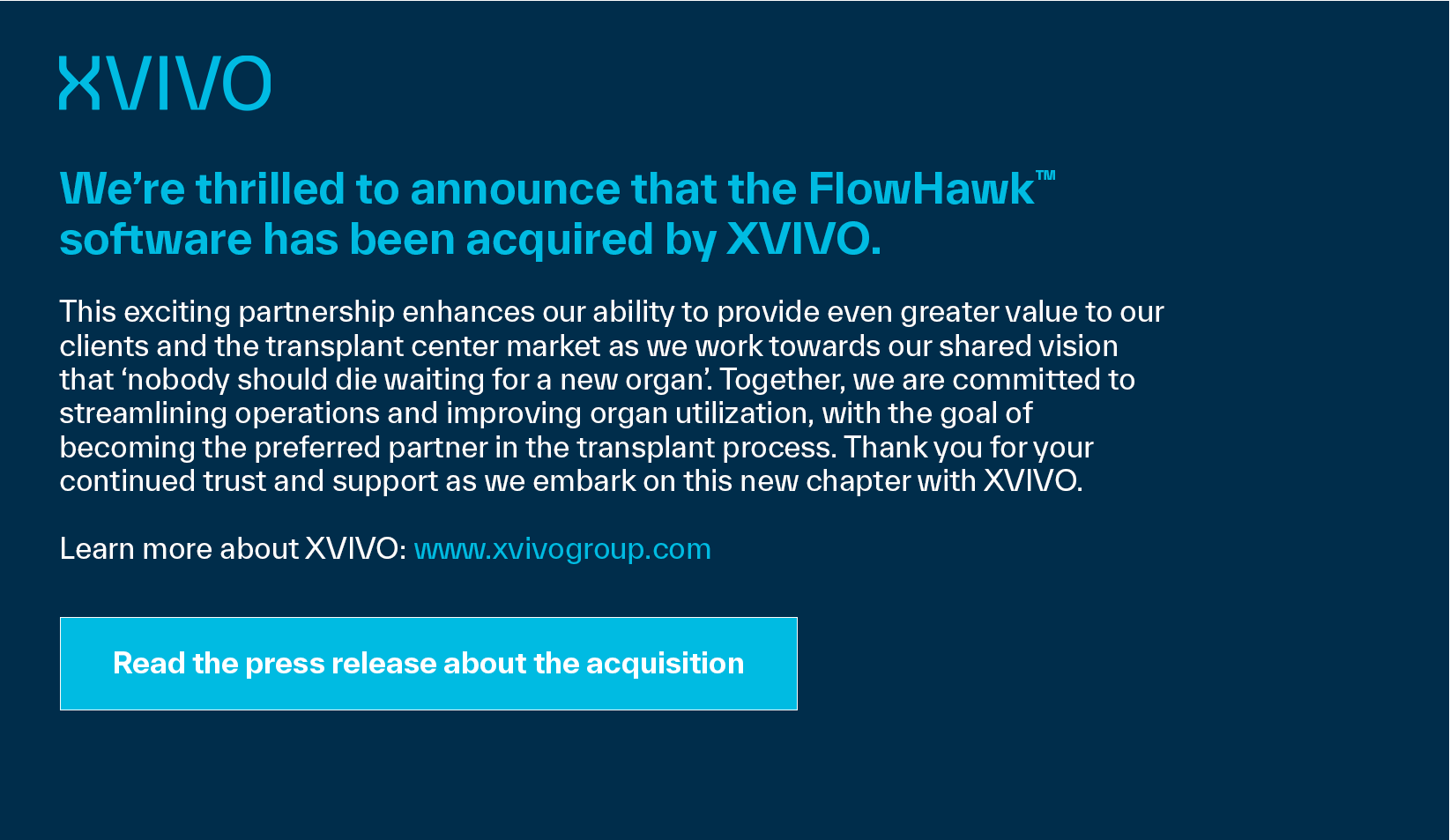In August, the Office of the Inspector General (OIG) released a report calling on the Health Resources and Services Administration (HRSA), under HHS, to improve data security and oversight of the Organ Procurement and Transplantation Network (OPTN).1
OPTN had no cybersecurity standards in place prior to 2018 but has made significant progress since then.
Based on a recent audit, the 2022 OIG report specifically called out the need to protect organ transplant data because of the prevalence of breaches and the high costs associated with them.
An IBM Security report released in July found that the average cost of a healthcare data breach was $10.1M per incident, up 9.4 percent from 2021.2 Additionally, a single HIPAA violation can be upwards of $25,000 per incident depending on the penalty.3
With organ transplant intake management particularly vulnerable to security breaches and compliance violations, transplant administrators must address the issue head-on—before it’s too late—let’s explore how.
Transplant hospital vulnerabilities
Coordinating a single organ intake case requires more than 500 phone calls, emails, faxes, and text messages between 30 or more individuals who are spread across seven distinct departments and three stand-alone organizations.4
With so many individuals making life or death decisions as quickly as possible, to say nothing of the various EHRs and logistics systems involved, security and compliance risks abound.
Some of the top risks include:
- Communication between the care team and other stakeholders on unsecured personal devices
- Collection, storage, and sharing of PHI and other sensitive data
- Documentation and data entry errors
In addition, the typical organ transplant intake process creates further vulnerabilities, such as:
- Use of paper checklists to coordinate the case
- Lack of activity logs to monitor who has access to or has logged into a system
- Limits of the accuracy of documentation and timekeeping
Decentralized communications across systems, insufficient digital paper trails, and chaotic activity logs—if they exist at all—expose your transplant hospital to significant liabilities and patient safety issues that must be addressed.
Using technology to mitigate potential security and compliance risks
Automation is a powerful way to address your organization's security and compliance risks while also pursuing process improvement.
Organ transplant management software has the power to improve care collaboration, increase operational efficiencies, and create structure around your processes and procedures—all while reducing security vulnerabilities.
Here’s what automation can do for your organ transplant hospital:
- Provide HIPAA-compliant audit trails
- Transmit and store encrypted PHI
- Offer closed-loop communication
- Integrate with EHR and other systems
- Increase the accuracy of documentation and reporting
Staffing implications
While you may be familiar with the frontline healthcare staffing shortages and burnout, cybersecurity professionals are experiencing similar challenges.
The ongoing threat of cyberattacks and increased use of ransomware have negatively impacted the mental health and stress levels of CISOs and security teams.5
Secure organ transplant intake communications to reduce organizational risk
When dealing with life or death complex care like an organ transplant, the last thing your care team should be worried about is the risk to the business side of your operations.
Learn how a clinical workflow automation solution like FlowHawk™ can help your organ transplant hospital or service line successfully overcome today's most pressing business challenges.
Sources:
- https://healthitsecurity.com/news/oig-calls-on-hrsa-to-improve-data-security-of-organ-transplant-network
- https://healthitsecurity.com/news/average-healthcare-data-breach-costs-surpass-10m-ibm-finds
- https://www.hipaajournal.com/what-are-the-penalties-for-hipaa-violations-7096/
- https://journals.sagepub.com/doi/10.1177/1526924820913503
- https://www.healthcareitnews.com/news/concern-cybersecurity-workforce-mental-health-rising




